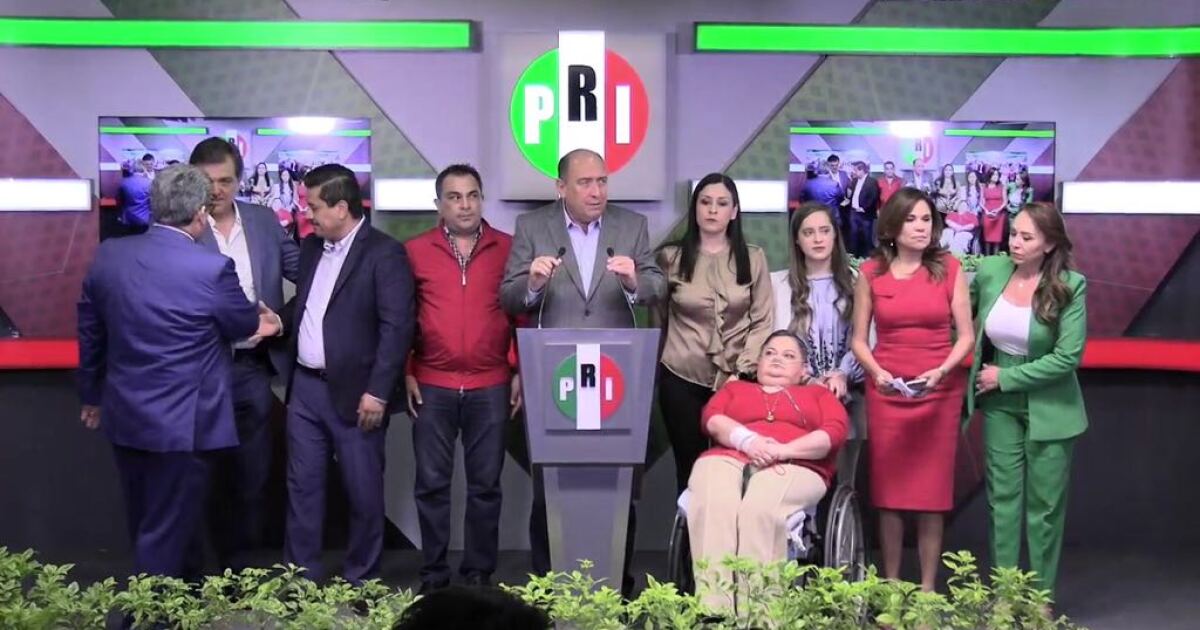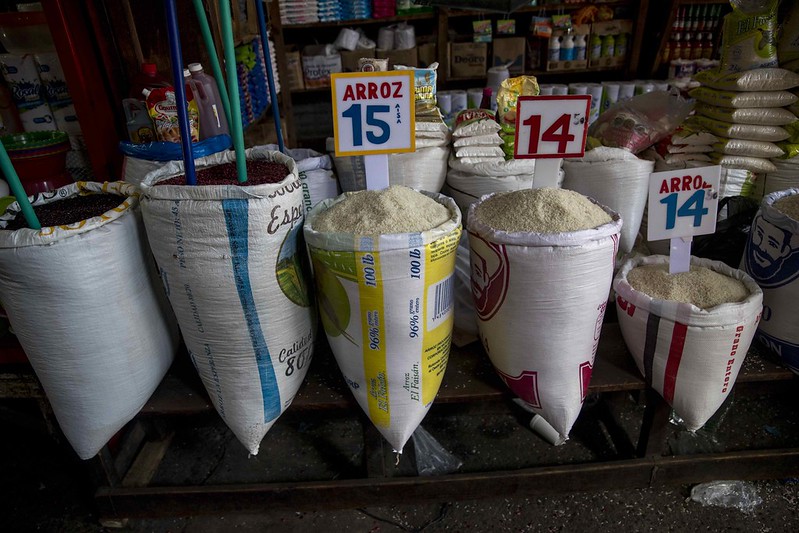The coordinator listed in a decalogue the main objectives of his reform:
1.-Reduce the deputations from 500 to 300. Of the 300 deputies, 150 would be elected by Relative Majority and 150 by Proportional Representation.
In addition to this, limits would be established to avoid overrepresentation, that is, artificial majorities, as is currently the case with Morena and “which harms the current Legislature so much.”
Nobody will be able to have more seats than their percentage of electoral votes nor will the opposite be possible and, at the time of reducing the Electoral Districts, the local Boards will decrease, which will generate significant savings of more than 1,730 million pesos.
2.- Second round for the presidential election.
In the event that the winner of the first round does not reach an absolute majority, that is, more than 50% of the vote, it would go to a second electoral round.
3.- Create the figure of vice-presidency of the Republic.
The vice president would go on the formula of the presidential candidate and would be elected for the same term. With this figure, a direct accompaniment to the President of the Republic is sought to allow him to unburden internal policy matters.
4.- Greater freedom of expression during electoral campaigns.
It seeks to eliminate restrictions on freedom of expression, such as attacks on morality, private life, the rights of third parties that cause crimes that disturb public order.
Participation, the expression that individuals may have must be kept away from the use of public resources.
5.- Reduction of public financing to parties and expansion of citizen financing.
Reduction of up to 30% of public financing, “carried out in percentages of 10% each year until that limit is reached and its replacement by citizen financing.
6.- Frontal combat to the interference of organized crime in electoral processes.
Given the growing presence of crime in electoral processes, whose presence can disturb the final result, it seeks to annul candidacies by verifying links with organized crime.
Monitor the security proposals of the candidates, as well as greater protection for the flag bearers.
7.- Electronic voting in electronic ballot box mode.
It is sought that the vote is not remote, but in person in an electronic ballot box.
8.- Full nationalization of federal and local elections, to consolidate the autonomy of the INE.
Total defense of the INE and against any attempt to make this body disappear, such as the Electoral Tribunal of the Judicial Power of the Federation (TEPJF).
9.- Strengthening the appointment of electoral councillors.
The current scheme for calling, registering, evaluating and appointing director candidates will be maintained.
The candidates will not be able to be elected if they are objected by the legislators.
10.- Strengthening the autonomy and efficiency of the electoral justice system and the Electoral Tribunal.
It is essential to strengthen the electoral judicial career and update the electoral justice model in accordance with the recent judicial reform.








